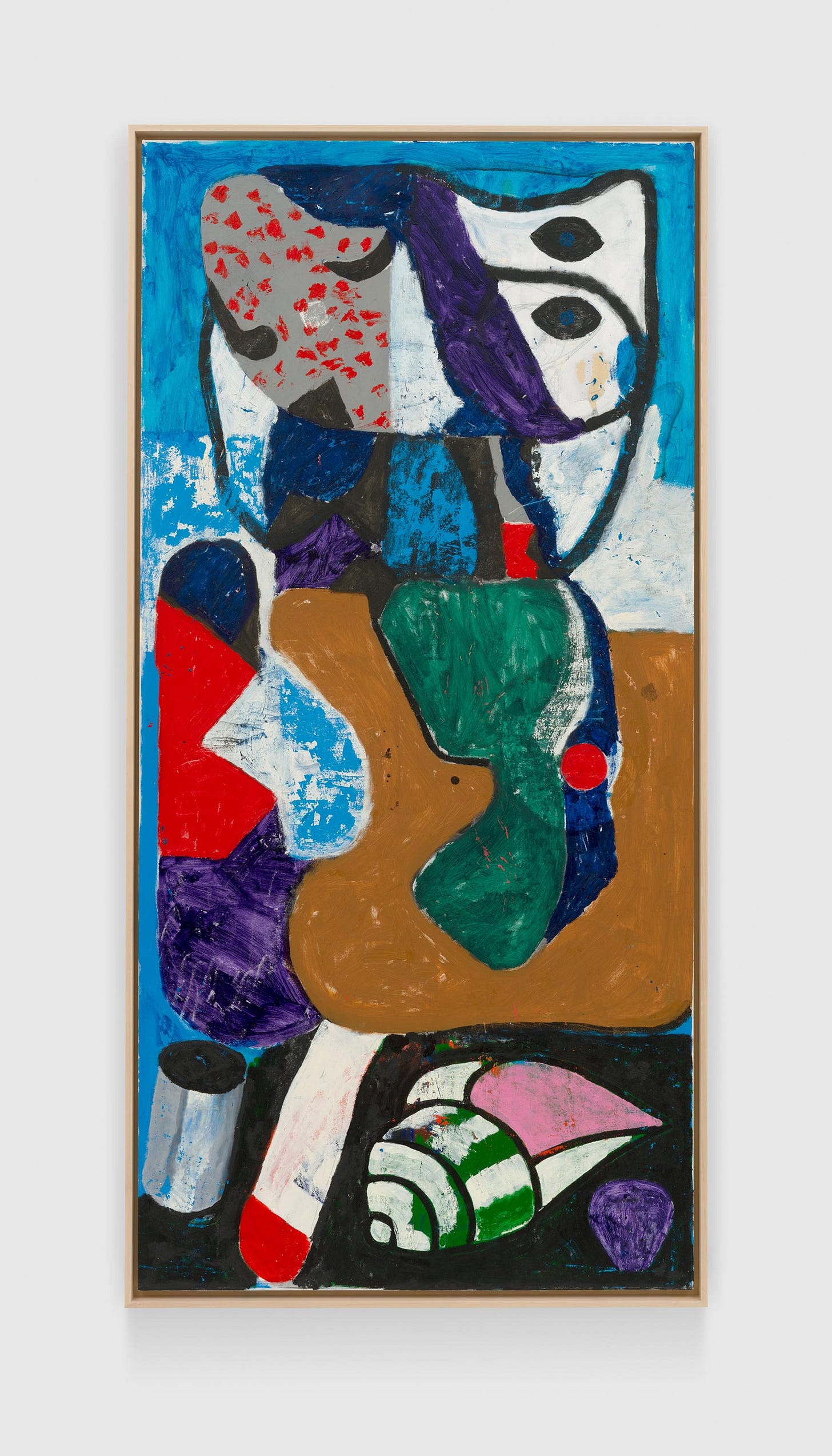
This is the last letter in a four part series, and if you want to, you can read Part 1, Part 2 and Part 3 as well.
I was in high school at the turn of the century, which was around the time that Madonna became very vocal about her kabbalah studies, bringing Jewish mysticism to the mainstream (or at least the mainstream coastal elites). I was 16, it was 2001, I had the CD single of “What It Feels Like For a Girl” in my Walkman and the sort of unmoored open-mindedness of a child raised without religion, and so I signed up for a night class at The Kabbalah Centre in midtown.
I remember very little of the class itself, it was a small room with a mixed group in some very unflattering fluorescent lighting, but the one single thing that I remember the teacher explaining has stayed with me for my entire life. He said: whenever we feel activated by another person - anger, jealousy, disappointment, the sort of emotional charge that comes with negative feelings - what we are seeing in them is usually highlighting something about ourselves that we do not want to recognize or see. I’ve loosely mentioned this is previous letters, but from that point onward (red string tied around my wrist, smoking Marlboro Lights on Third Avenue) everything I understood about interpersonal relationships was completely reframed.
Shortly after, the untimely death of a close friend of my father’s approached. Years of conflict had created an impassable gap between him and his own daughter, who was a few years older than me, and they had not spoken or been close for some time. His terminal diagnosis kickstarted an hourglass that no one expected to have to deal with yet.
Shortly after this news, he and his friends gathered at an Indian restaurant around the corner from his apartment in the East Village, and I was asked to tag along. During dinner, one of his friends excoriated the daughter for not making amends with her father before he passed, chastising her priorities and vowing that she would regret not making peace with him for the rest of her life. Harsh condemnation this 50-something year old woman had for a mere college girl, but after a little more digging, we found that she had recently lost her father, and that she had not had the chance to make peace with him before his life ended. Now he was gone, here she was on earth, holding the mantle of a bunch of decisions the two of them had made that probably made sense at the time, but only one of them was still alive to grieve their outcome.
After that night, I realized that many people wake up every day, peer outside, and see the trials, tribulations and even successes of the global population only through the lens of their own experience, and not the possibility of realities they do not (and may never) know.
A few years ago, I started practicing what I would now loosely describe as an early version of Let Them. The crumbling of much of the social order we were brought up on means every day life is rife with opportunity to misinterpret and project, and the antidote to that - really the only antidote - is to slow down and put more care into our world; our relationships, our conversations, our communities. But slowing down means inconvenience, it means sacrifice, it means being able to do less. And no one, no matter how good their intentions are, wants that right now.
And so I have been trying to learn to let go. That’s bifold, by the way. ‘Let go’ as in not letting every case where I am forgotten or pushed aside or antagonized break my silly little Fabergé heart, but also to let go at times when I might be the one imposing my world view on someone else - someone I don’t have enough information about to denounce with moral failure based on the instance I’m evaluating them on. I wonder how much agonizing I could save, and how much of that energy could be rerouted into something that really matters. I wonder how much suffocating the flame of misunderstanding prevents its spread.
Almost ten years ago, I experienced the unexpected death of someone very close to me. Since then, I have been absolutely confounded by how intricate and specific and deep each individual person’s life is, to the point where it almost feels impossible that there are 8 billion of these individual depths on Earth. Even if I had won the biggest Powerball Jackpot in history (November 7, 2022, $2.1 billion USD) and spent the rest of my life trying to record the plumbed depths of my heart (that’s not what I’d do with that money but stick with me), it would never be sufficient. And I reckon the majority of that 8 billion people feel the same way. Every person is a universe, says the bible and the Talmud and the molecules that make up your cells, if you are really listening.
This letter started in midtown in 2001 and now, downtown in 2025, I am still navigating this lesson. I don’t know how to be more slow and gentle on ourselves and each other when the world is on fire, nor do I know whether being slow and gentle is even valuable when people are being stripped of their rights and systematically starved and terrorized.
But I still mean to try.
Yours, universally,
Anja


